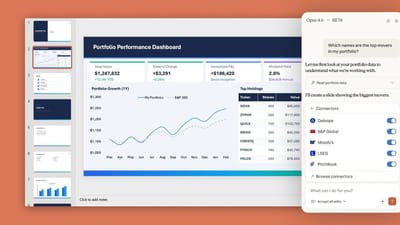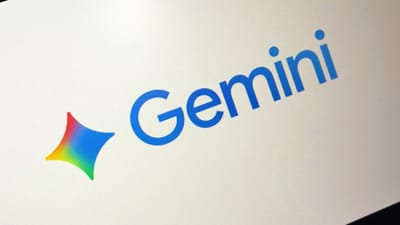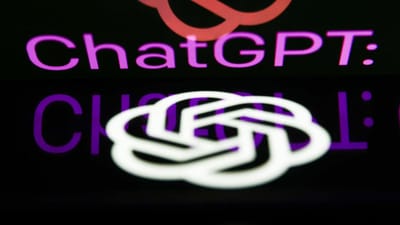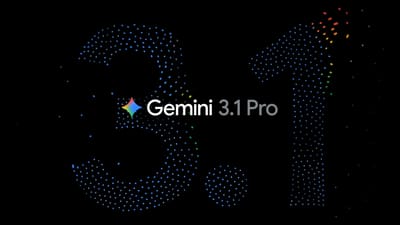
OpenAI Reports Young Indians Drive Majority of ChatGPT Use and Expands Partnerships in India
OpenAI says users aged 18 to 24 account for nearly half of all ChatGPT messages in India, with people under 30 generating 80% of usage. Professional tasks dominate, and the company’s coding assistant Codex sees three‑fold higher adoption than the global median. OpenAI is also scaling its presence, opening offices in Mumbai and Bengaluru, securing a 100‑megawatt compute partnership with Tata Group, and signing deals with Pine Labs, Ixigo, MakeMyTrip, Eternal, and educational institutions to reach over 100,000 students.










